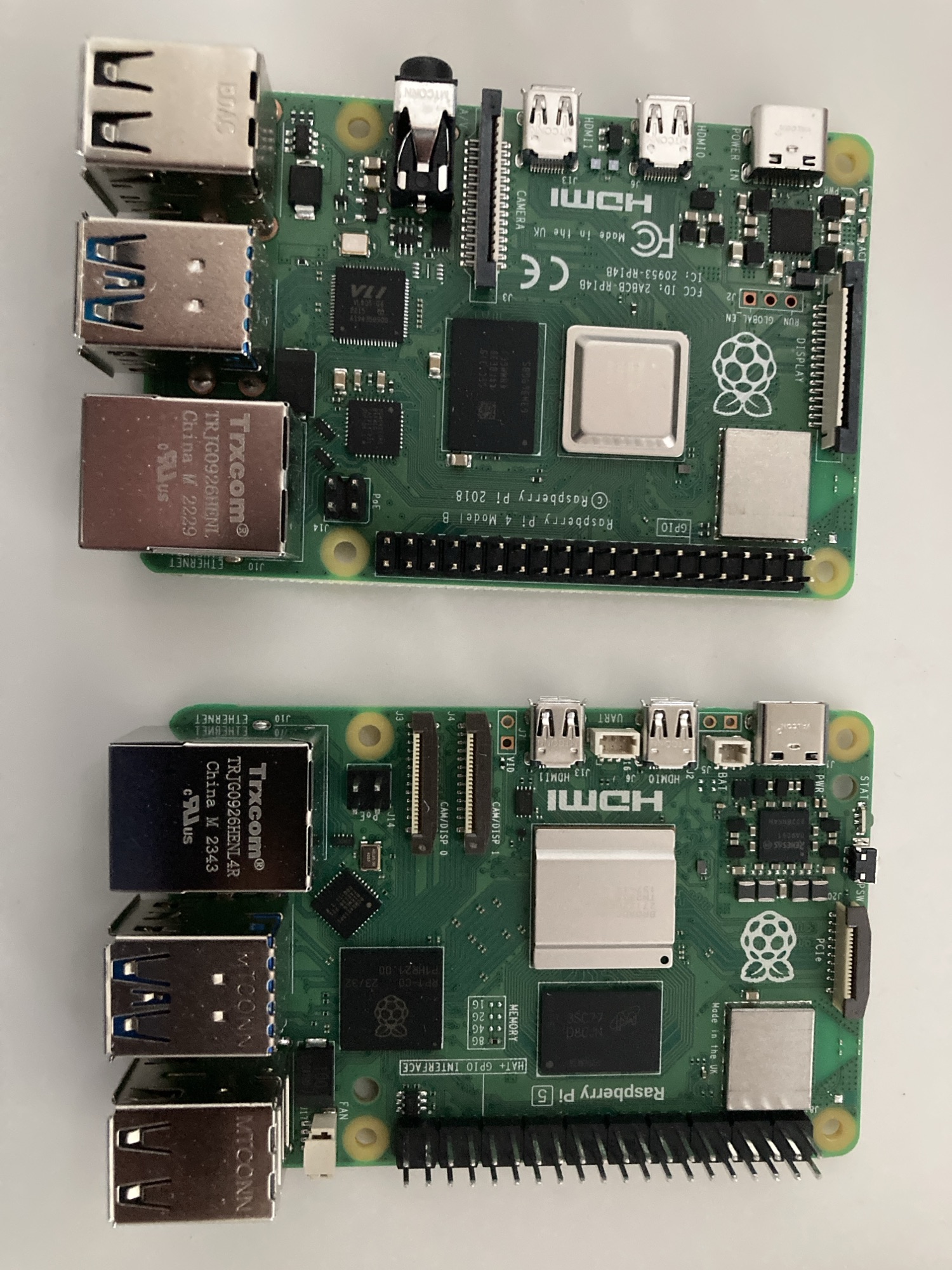There are two types of computer users in the world. Those that use them for what they need to use them for, and those that play with computers. In the 90s an English teacher was frustrated by the grammatically incorrect “playing with computers” because for him, and others people play computer games on computers, but do not play “with computers”.
## Knowing the Bare Minimum
I was reminded of this by a thread on Facebook yesterday. There was a conversation about people saving files in the recycle bin or trash, and then finding that their files had vanished so they called IT support to ask for help. That someone would store their files in the recycle folder or the bin is absurd, for those that know computers well.
Plenty of people only use computers for the bare minimum. Whether it’s adults, or children, some people will do the bare minimum. They might be taught how to “use computers” but they do the bare minimum. Open this folder, now write this, now save the folder. If they are not instructed to do more they will know what they need to know for the course, and nothing more. There is no lateral studying.
## Playing With Computers
That’s where people who play with computers come in. People who play with computers are people who are given unlimited amounts of time to experiment with computers. They install software, remove software, format a drive, defrag a drive and more. They go from having a windows machine to having Ubuntu, before switching to Debian, before sliding to NixOS and other OSes.
The idea that people learn how to use a computer by following a few lessons, at school, or in Uni is just skirting the bare minimum of what is needed to truly understand how computers work.
## The Power User
As a video editor, media asset manager, stream farm operator and more I had to be familiar with how everything works with everything else. It wasn’t enough to know how to turn on a computer and launch a program. I had to understand how to install the hardware, wire the various tape decks and other technology.
Windows and MacOS try to simplify everything as much as possible. You turn the machine on, you login, you get apps from the app stores and everything is done for you behind the scenes. Either something works, or it doesn’t.
With Linux it’s different. You can install things via the app center, or apt, or snap or flatpak. Immich and NextCloud can be used as case studies. Both of them can be installed by Snap if you’re happy with keeping things simple. If you want more control you can find tutorials to install either, or both on your system.
Once the install is successful you’re tempted to tinker, and then you break something, so you need to re-install it, you tinker some more, and you break it again. Eventually though you get it as you want, and then you find a way to back it up. With Linux you’re not just downloading an app and it works in the background. With linux you’re finding open source projects, and you’re adapting them to your system.
## Taking the Time to Learn
Whilst normal people think that we should limit screen time for adults, and children I think that we should encourage them to experiment more. The stereotype is that screen time is wasted on games, and passive social media, rather than active learning and active conversation. I think that by limiting screen time, and not encouraging children to tinker we are throttling how well they understand computers later in life.
If your parents see screens as toxic, and a waste of time then, as adults, people will see screens as toxic and a waste of time. People think of reality tv and daytime TV when they speak badly of TV, but for me TV is documentaries and informational programs.
As a child I was encouraged to play [Le Labyrinthe D’Ortophus](https://www.abandonware-france.org/ltf_abandon/ltf_jeu.php?id=1&fic=credit), Math Blaster, The Oregon Trail, Mavis Beacon Teaches Typing and Where in the World is Carmen Sandiego to name a few. That’s a list of games from the 80s so I would expect a greater breadth of games in 2024.
By limiting screen time, and by people just following courses, rather than exploring how versatile iomputers are we limit their perception of what computers can be used for.
## And Finally
For decades I have enjoyed the idea of “playing with computers” rather than just being users. I enjoy the idea of experimentation and learning. I like that computers are a flexible tool with which to do a multitude of things.

Leave a Reply